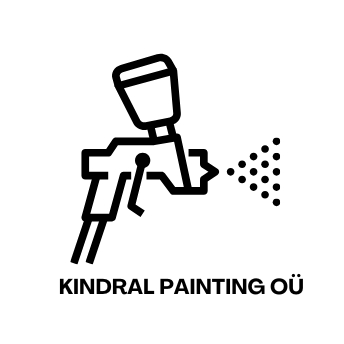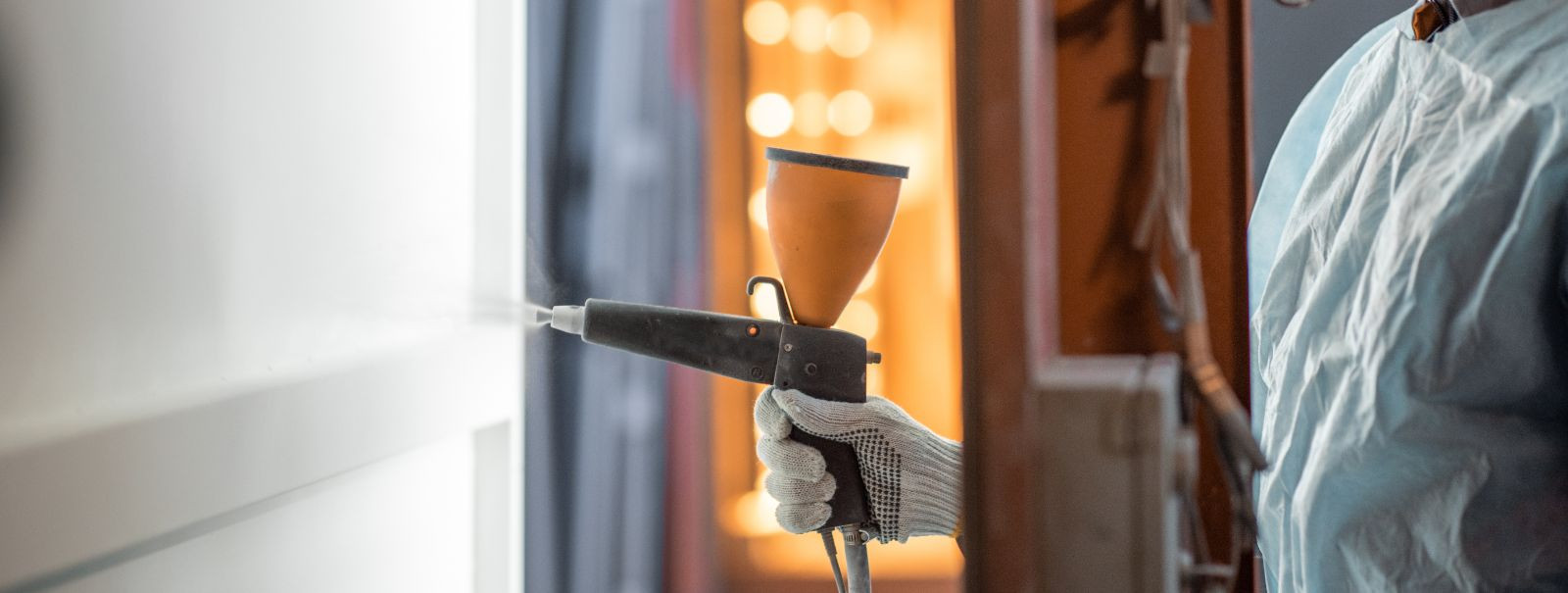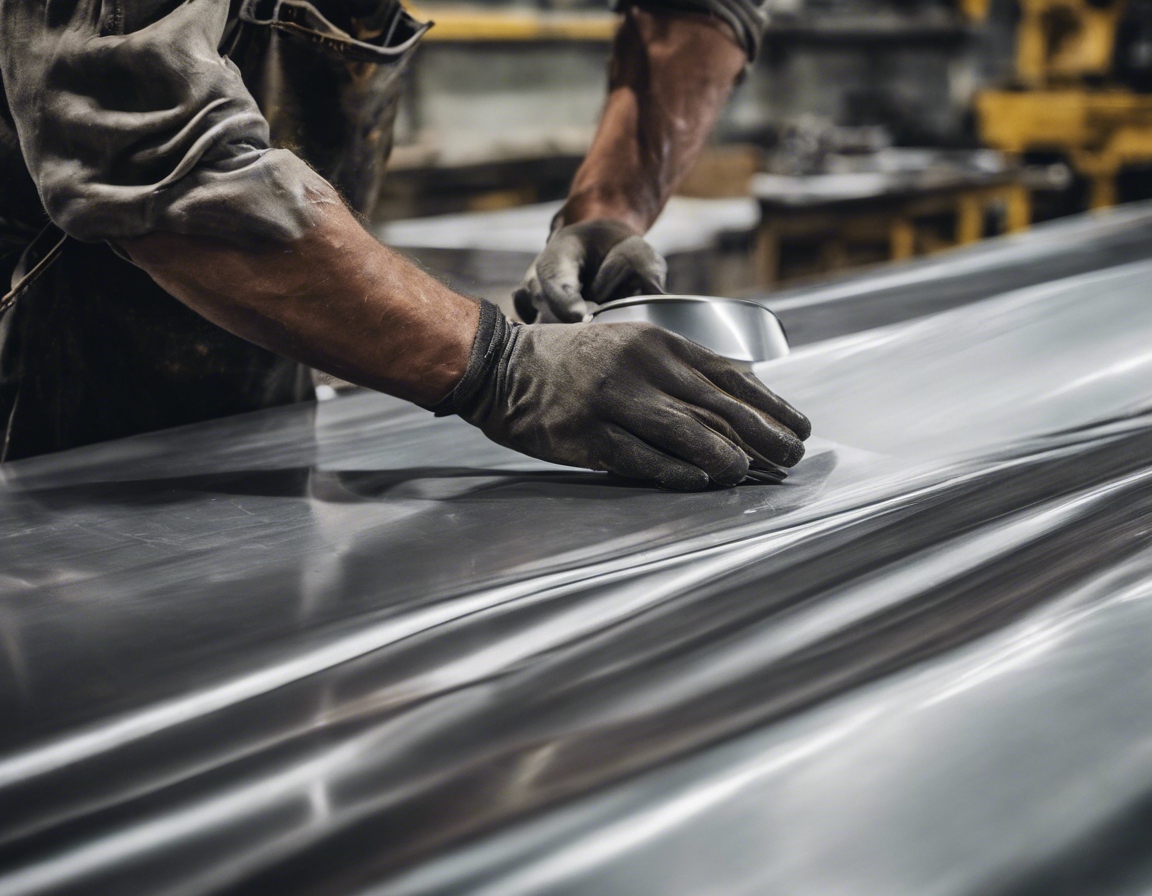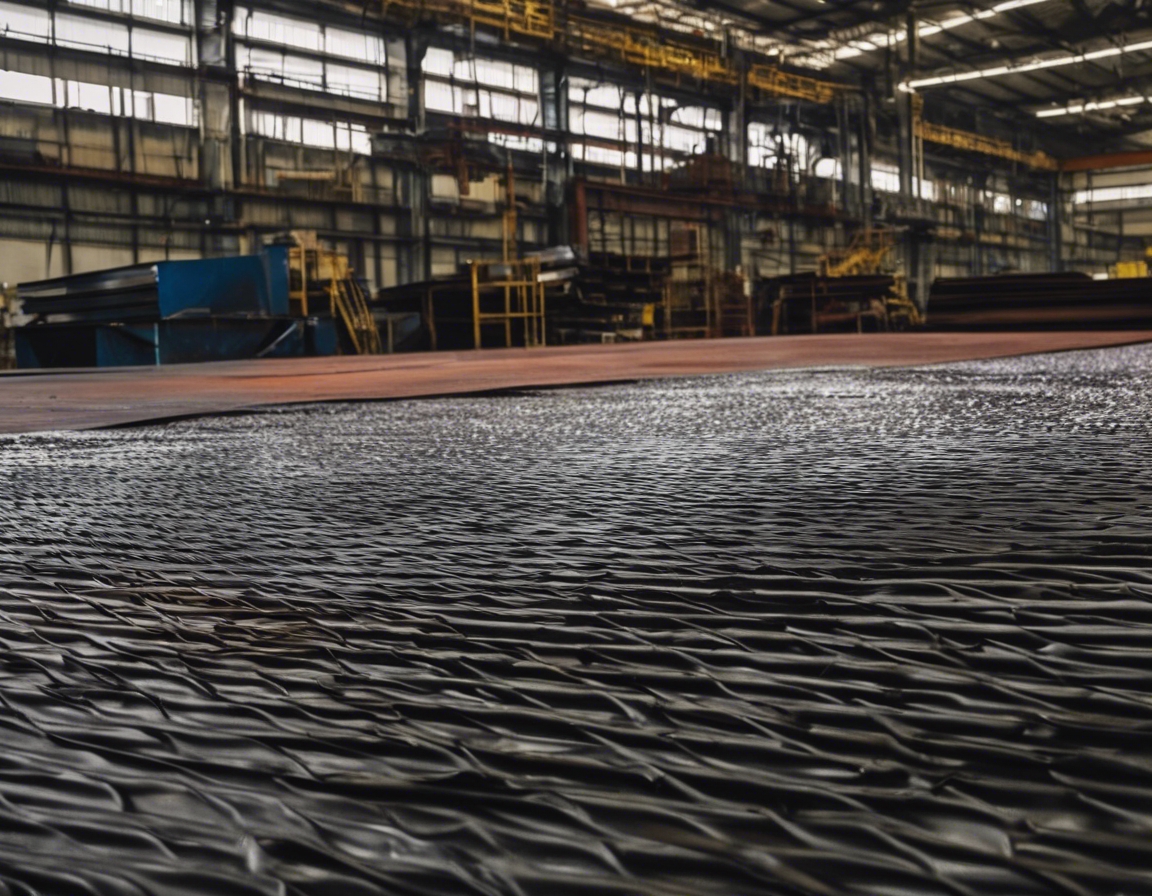Eco-friendly surface treatments: a sustainable choice
In today's world, sustainability is no longer just a buzzword; it is a necessity. As industries strive to reduce their environmental footprint, eco-friendly surface treatments have emerged as a pivotal solution. These treatments not only enhance the durability and aesthetics of products but also align with global sustainability goals by minimizing harmful emissions and waste.
Importance of Eco-Friendly Solutions in Industrial Applications
Industrial manufacturers, construction companies, and automotive businesses are increasingly recognizing the importance of adopting eco-friendly solutions. These sectors are significant contributors to environmental pollution, and transitioning to sustainable practices is crucial. Eco-friendly surface treatments offer a way to reduce volatile organic compounds (VOCs), hazardous air pollutants (HAPs), and other environmental impacts associated with traditional surface treatments.
Types of Eco-Friendly Surface Treatments
Water-based coatings are a popular choice for eco-conscious industries. Unlike solvent-based coatings, they use water as a primary solvent, significantly reducing VOC emissions. These coatings provide excellent adhesion, corrosion resistance, and are suitable for a variety of substrates.
Powder coatings are another sustainable option, offering a solvent-free application process. They are applied as a dry powder and cured under heat, forming a hard finish that is both durable and environmentally friendly. Powder coatings produce minimal waste and can be recycled, making them an ideal choice for industries aiming to reduce their carbon footprint.
UV-curable coatings are gaining traction due to their rapid curing times and low environmental impact. These coatings are cured using ultraviolet light, eliminating the need for solvents and reducing energy consumption. They offer excellent surface protection and are suitable for high-speed production lines.
Benefits of Eco-Friendly Surface Treatments
Eco-friendly surface treatments significantly reduce the release of harmful chemicals into the environment. By minimizing VOCs and other pollutants, these treatments help industries comply with stringent environmental regulations and contribute to cleaner air and water.
While the initial investment in eco-friendly technologies may be higher, the long-term economic benefits are substantial. Reduced waste, lower energy consumption, and compliance with environmental standards can lead to cost savings and improved profitability.
Eco-friendly surface treatments enhance workplace safety by reducing exposure to toxic chemicals. This leads to healthier working conditions, fewer health-related absences, and increased productivity among employees.
Implementation of Eco-Friendly Surface Treatments in Various Industries
In industrial manufacturing, eco-friendly surface treatments are used to protect machinery and equipment from corrosion and wear. These treatments extend the lifespan of products and reduce maintenance costs, making them a valuable investment for manufacturers.
The construction industry benefits from eco-friendly surface treatments by enhancing the durability and appearance of building materials. These treatments provide protection against weathering and environmental damage, ensuring the longevity of structures.
In the automotive sector, eco-friendly surface treatments are crucial for protecting vehicles from rust and corrosion. They improve the aesthetic appeal of vehicles while ensuring compliance with environmental standards, making them a preferred choice for automotive manufacturers.
Challenges and Considerations in Adopting Eco-Friendly Surface Treatments
Despite the numerous benefits, adopting eco-friendly surface treatments comes with its challenges. Industries must consider the compatibility of these treatments with existing processes, the need for specialized equipment, and potential changes in production timelines. However, with the right partner, such as KINDRAL PAINTING OÜ, these challenges can be effectively managed.








Comments (0)